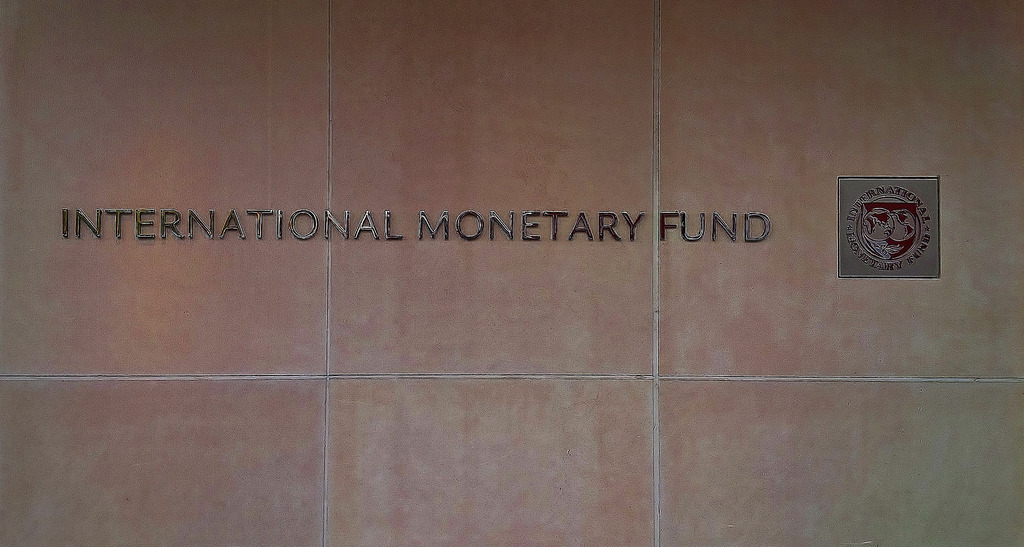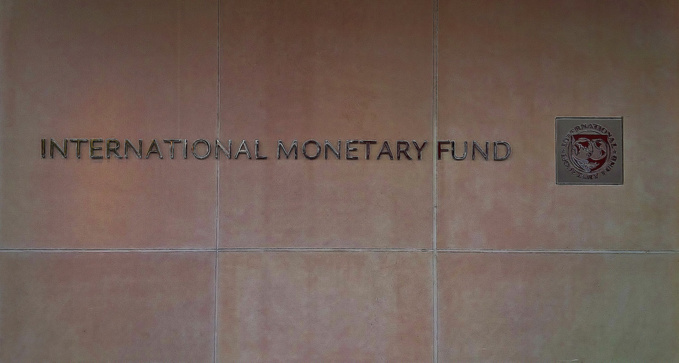Financial Sector Assessment Program is the IMF's main instrument for assessment of a country's financial stability. This program helps to identify weaknesses in a state financial system, which might endanger its stability. Besides, the analysts look for strengths that could make the country’s financial system more stable.
The IMF’s assessment analyzes those aspects of the economy that are most interesting or most concerning to each country. In 2017, the team of experts will focus on systemic risks, banks rehabilitation, risk of contagion and adverse risks.
For each economy the IMF will make recommendations on:
• how to enhance monitoring of financial risks as a whole
• how to improve financial supervision and macro-prudential oversight to secure the financial system
• How to gear up for difficult financial conditions
Here are some facts that explain why and how the IMF carries out its financial assessment. In 2017, the IMF will keep track of important events in the following countries:
China
The global financial crisis tied China's economic growth with lending, especially in the corporate sector, including state-owned enterprises. In recent months’ role of mortgage lending has increased as well. Contradiction between maintaining growth and need to keep debt levels, as well as innovations in the financial sector resulted in over-complications in the financial sector and scaled up risk of failures in control.
Indonesia
Financial conglomerates play a dominant role in the country’s financial system and economy. They account for 70% of assets of financial institutions. The IMF will monitor the financial conglomerates and will identify opportunities for improvements in the integrated system control and in recently adopted law on crisis management.
Japan
Since 2012, profitability of Japan's internal operations of financial institutions has dropped significantly. This led to the fact that banks and insurers have expanded their operations abroad in search of higher profitability. Small banks, in turn, increased their share in the real estate sector and in small and medium-sized enterprises.
Given these factors, the IMF will assess risks associated with international operations of investors and insurers, as well as long-term prospects of the financial sector in the context of demographic change and low economic growth.
Luxembourg
This country is a residence of many international securities’ depositories. Luxembourg has the world’s second largest industry of investment funds, and profitability of the banking sector is related to general state of these funds. The IMF will use stress tests and further analysis in order to evaluate possibility of Luxembourg’s financial institutions to cope with liquidity and solvency crisis.
Saudi Arabia
A long period of low prices has had a negative impact on the Saudi economy. Despite the fact that the financial sector so far remained relatively stable, it has become possible to complete financial reform, as well as to make improvements in the functioning interbank market, which would diversify the sources of funding.
Spain
Assessment of the country's economy will review the progress and improvements that have occurred since the financial crisis.
Particular attention will be paid to ability to adapt to low profitability, associated with business models, as well as ability to recover after the crisis. The IMF will also study emerging needs of institutional framework, and apply the latest techniques to mitigate cross-border financial shocks, and, in addition, to establish a link between the economy and the financial system as a whole.
In 2017, the IMF together with the World Bank is going to assess financial stability of the following economies:
1. Bahrain
2. Bulgaria
3. China
4. Guyana
5. India
6. Indonesia
7. Japan
8. Luxembourg
9. Netherlands
10. New Zealand
11. Saudi Arabia
12. Spain
13. Turkey
14. Zambia
source: imf.org
The IMF’s assessment analyzes those aspects of the economy that are most interesting or most concerning to each country. In 2017, the team of experts will focus on systemic risks, banks rehabilitation, risk of contagion and adverse risks.
For each economy the IMF will make recommendations on:
• how to enhance monitoring of financial risks as a whole
• how to improve financial supervision and macro-prudential oversight to secure the financial system
• How to gear up for difficult financial conditions
Here are some facts that explain why and how the IMF carries out its financial assessment. In 2017, the IMF will keep track of important events in the following countries:
China
The global financial crisis tied China's economic growth with lending, especially in the corporate sector, including state-owned enterprises. In recent months’ role of mortgage lending has increased as well. Contradiction between maintaining growth and need to keep debt levels, as well as innovations in the financial sector resulted in over-complications in the financial sector and scaled up risk of failures in control.
Indonesia
Financial conglomerates play a dominant role in the country’s financial system and economy. They account for 70% of assets of financial institutions. The IMF will monitor the financial conglomerates and will identify opportunities for improvements in the integrated system control and in recently adopted law on crisis management.
Japan
Since 2012, profitability of Japan's internal operations of financial institutions has dropped significantly. This led to the fact that banks and insurers have expanded their operations abroad in search of higher profitability. Small banks, in turn, increased their share in the real estate sector and in small and medium-sized enterprises.
Given these factors, the IMF will assess risks associated with international operations of investors and insurers, as well as long-term prospects of the financial sector in the context of demographic change and low economic growth.
Luxembourg
This country is a residence of many international securities’ depositories. Luxembourg has the world’s second largest industry of investment funds, and profitability of the banking sector is related to general state of these funds. The IMF will use stress tests and further analysis in order to evaluate possibility of Luxembourg’s financial institutions to cope with liquidity and solvency crisis.
Saudi Arabia
A long period of low prices has had a negative impact on the Saudi economy. Despite the fact that the financial sector so far remained relatively stable, it has become possible to complete financial reform, as well as to make improvements in the functioning interbank market, which would diversify the sources of funding.
Spain
Assessment of the country's economy will review the progress and improvements that have occurred since the financial crisis.
Particular attention will be paid to ability to adapt to low profitability, associated with business models, as well as ability to recover after the crisis. The IMF will also study emerging needs of institutional framework, and apply the latest techniques to mitigate cross-border financial shocks, and, in addition, to establish a link between the economy and the financial system as a whole.
In 2017, the IMF together with the World Bank is going to assess financial stability of the following economies:
1. Bahrain
2. Bulgaria
3. China
4. Guyana
5. India
6. Indonesia
7. Japan
8. Luxembourg
9. Netherlands
10. New Zealand
11. Saudi Arabia
12. Spain
13. Turkey
14. Zambia
source: imf.org



















